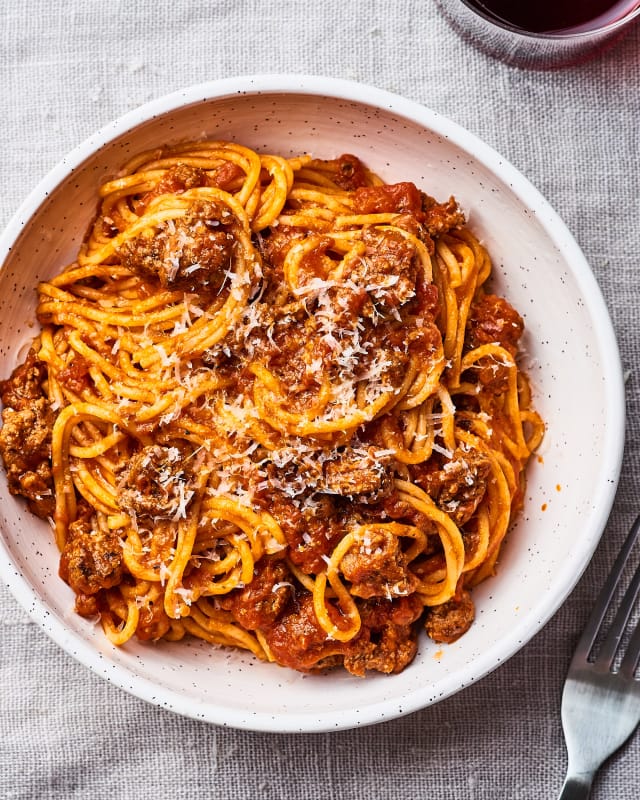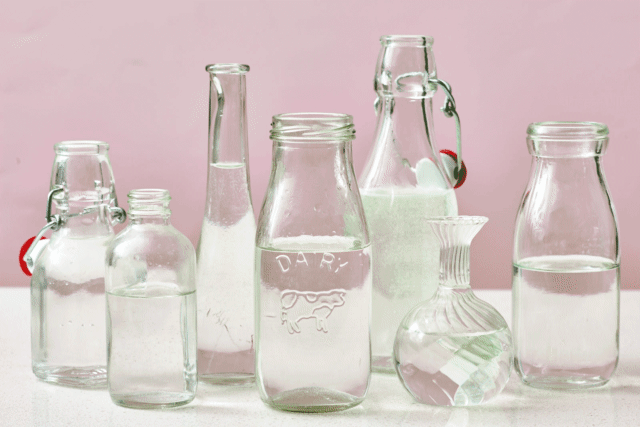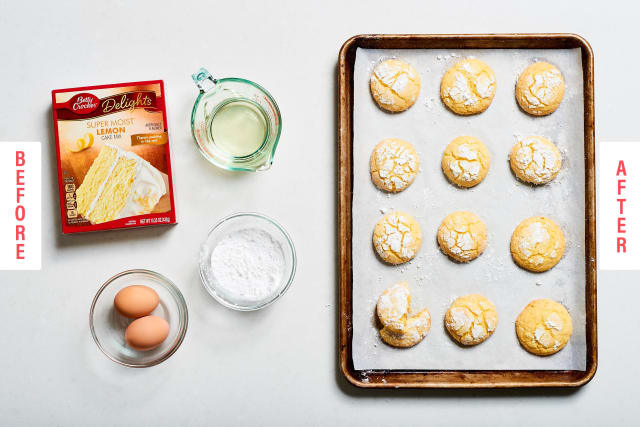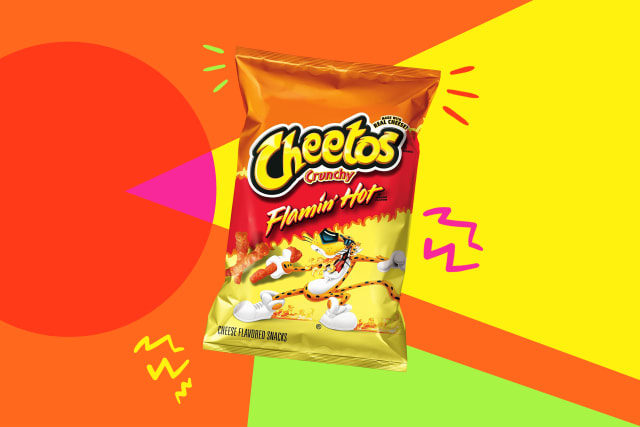This
post was originally published on
this sitehttp://www.marksdailyapple.com/
 This is a surprisingly common question.
This is a surprisingly common question.
To get it out of the way: Yes, it does. Bone broth contains calories, and true fasts do not allow calorie consumption. You eat calories, you break the fast.
However, most people aren’t fasting to be able to brag about eating no calories for X number of days. They fast for shorter (often intermittent) periods of time for specific health benefits. It’s entirely possible that bone broth “breaks a fast” but allows many of the benefits we associate with fasting to occur.
As is the problem with so many of these specific requests, there aren’t any studies addressing the specific question. The scientific community hasn’t caught up to the current trends sweeping the alternative health community. But we can isolate the most common benefits of fasting and see how bone broth—and the components therein—interact.
Common Benefits of Fasting: Does Bone Broth Help or Hinder?
Ketosis
Fasting is a quick and easy (or simple) way to get into ketosis. You have little choice in the matter. Since you’re not eating anything, and your body requires energy, you break down body fat for energy. And because you’ve only got fat “coming in,” you’ll quickly start generating ketone bodies. If bone broth stops ketosis, it’s probably breaking the fast.
Bone broth doesn’t contain any digestible carbohydrates. Common additions like tomato paste and carrots might add a few tenths of a gram of carbohydrate to your cup of broth, but not enough to throw you out of ketosis.
Bone broth is quite high in protein, especially if you make it right or buy the right kind, but if it’s the only thing you’re consuming during your fast, the overall caloric load won’t be enough for the protein in broth to stop ketosis.
I can’t point to a paper. I know for a fact that I’ve consumed bone broth without affecting my ketones.
Fat Burning
Fat-burning is another important aspect of fasting. Since bone broth contains calories, you’ll probably burn slightly less fat drinking broth during a fast. But the calories come from protein, the macronutrient least associated with fat gain and most supportive of lean mass retention. And at any rate, your total calorie intake on a fasting+broth day will be under 100 calories—plenty low enough to promote fat loss.
Insulin Sensitivity
Over the long term, fasting is an effective way to improve insulin sensitivity and glucose tolerance. Most things that make you better at burning fat and expending, rather than storing, energy—like exercise, low-carb diets, weight loss in general—tend to improve insulin sensitivity over time. But the sometimes counterintuitive piece to all this is that in the short term, fasting can reduce insulin sensitivity. This is a physiological measure the body takes to preserve what little glucose remains for the brain. All the other tissues become insulin resistant so that the parts of the brain that can’t run on ketones and require glucose get enough of the latter to function.
There’s also the matter of sleep, fasting, and insulin sensitivity to consider. Some people report sleep disturbances during fasts, especially longer fasts. This is common. If the body perceives the fast as stressful, or if you aren’t quite adapted to burning fat, you may interpret the depleted liver glycogen as dangerous and be woken up to refuel in the middle of the night. Some people just have trouble sleeping on low-calorie intakes in general, and a fast is about as low as you can get. If that’s you, and your fasting is hurting your sleep, it’s most likely also impairing your insulin sensitivity because a bad night’s sleep is one of the most reliable ways to induce a state of insulin resistance. There’s some indication that total sleep deprivation creates transient type 2 diabetes.
That’s where bone broth comes in. A big mug of broth is one of my favorite ways to ensure a good night’s sleep. It’s a great source of glycine, an amino acid that has been shown in several studies to improve sleep quality and reduce the time it takes to fall asleep. It may “break” the fast by introducing calories, but a broken fast is preferable to bad sleep and the hit to insulin sensitivity that results from it.
Autophagy
Things fall apart. Cars, tools, buildings, toy trucks, civilizations. That’s entropy, which dictates that all things are constantly heading toward disorder. And people aren’t exempt. Our cells and tissues are subject to entropy, too, only we can resist it. One of the ways our bodies resist entropy is through a process of cellular pruning and cleanup called autophagy. There’s always a bit of back and forth between autophagy and our cellular detritus, but it occurs most powerfully in periods of caloric restriction. Fasting enhances autophagy like nothing else because it’s a period of total caloric restriction. If bone broth destroys autophagy, that’d be a big mark against drinking it during a fast.
Amino acids tend to be anti-autophagy signaling agents. When we eat protein, or even consume certain isolated amino acids, autophagy slows. Bone broth is pure protein. It’s almost nothing but amino acids. The key is: Which amino acids are in bone broth, and have they been shown to impede autophagy?
The primary amino acids that make up the gelatin in bone broth are alanine, glycine, proline, hydroxyproline, and glutamine.
Let’s say you’re drinking a mug of strong, really gelatinous bone broth with 15 grams of gelatin protein. How do those amino acids break down?
So it’s a mixed bag. The most prominent amino acid in bone broth—glycine—seems to allow autophagy, but the less proinent amino acids may not. It’s unclear just how much of each amino acid it takes to affect autophagy either way. The absolute amounts found in bone broth are low enough that I’m not too concerned.
What Else To Know…
Okay, so while bone broth technically “breaks” the fast, it may preserve some of the most important benefits. Is there anything else related to bone broth and fasting that deserve mention?
If you’re the type to train in a fasted state and eat right after, you might consider incorporating some bone broth right before the workout. Just like my pre-workout collagen smoothie does, bone broth (plus a little vitamin C to aid the effect) right before a workout improves the adaptations of our connective tissue to the training by increasing collagen deposition in the tendons, ligaments, and cartilage. You’ve already done most of the fast honestly. What’s shaving off a half hour of fasting time by drinking some broth or collagen, especially if you stand to improve your connective tissue in the process? Ask any older athlete and they’ll say they wish they could.
Some spices and herbs that are often added to bone broth can have effects similar to fasting. Take curcumin, found in turmeric. Research shows that it’s an independent activator of mTOR, which in turn can activate autophagy. Ginger and green tea (what, you haven’t tried steeping green tea in bone broth?) are other ones to try. Bone broth with turmeric, green tea, and ginger might actually combine to form a decent autophagy-preserving drink during a fast. Only one way to find out!
That’s about it for bone broth and fasting. If you have any further questions, don’t hesitate to ask down below.
References:
Xu X, Wang X, Wu H, et al. Glycine Relieves Intestinal Injury by Maintaining mTOR Signaling and Suppressing AMPK, TLR4, and NOD Signaling in Weaned Piglets after Lipopolysaccharide Challenge. Int J Mol Sci. 2018;19(7)
De urbina JJO, San-miguel B, Vidal-casariego A, et al. Effects Of Oral Glutamine on Inflammatory and Autophagy Responses in Cancer Patients Treated With Abdominal Radiotherapy: A Pilot Randomized Trial. Int J Med Sci. 2017;14(11):1065-1071.
Shaw G, Lee-barthel A, Ross ML, Wang B, Baar K. Vitamin C-enriched gelatin supplementation before intermittent activity augments collagen synthesis. Am J Clin Nutr. 2017;105(1):136-143.
Zhao G, Han X, Zheng S, et al. Curcumin induces autophagy, inhibits proliferation and invasion by downregulating AKT/mTOR signaling pathway in human melanoma cells. Oncol Rep. 2016;35(2):1065-74.
Hung JY, Hsu YL, Li CT, et al. 6-Shogaol, an active constituent of dietary ginger, induces autophagy by inhibiting the AKT/mTOR pathway in human non-small cell lung cancer A549 cells. J Agric Food Chem. 2009;57(20):9809-16.
Zhou J, Farah BL, Sinha RA, et al. Epigallocatechin-3-gallate (EGCG), a green tea polyphenol, stimulates hepatic autophagy and lipid clearance. PLoS ONE. 2014;9(1):e87161.
The post Does Bone Broth Break a Fast? appeared first on Mark’s Daily Apple.





 This is a surprisingly common question.
This is a surprisingly common question.




 This recipe takes the ingredients from stuffed peppers (rice, ground meat, bell peppers) and turns them into a meal that’s easier and faster to make. (And if you made and saved part of the delicious bolognese from last week’s
This recipe takes the ingredients from stuffed peppers (rice, ground meat, bell peppers) and turns them into a meal that’s easier and faster to make. (And if you made and saved part of the delicious bolognese from last week’s 




 For now classes are 6pm and 640pm at 2840 Wildwood st in the Boise Cloggers studio.
Book your class NOW!
click this ==>
For now classes are 6pm and 640pm at 2840 Wildwood st in the Boise Cloggers studio.
Book your class NOW!
click this ==>








